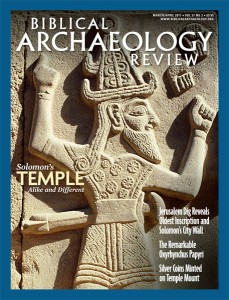
In this excerpt from Pen of Iron: American Prose and the King James Bible (Princeton: Princeton University Press, 2010), Robert Alter, professor of Hebrew language and literature at the University of California Berkeley, reflects on the literary and cultural significance of the King James Bible, which celebrates its 400th anniversary this year.
In England, the Protestant Reformation took an important step toward its consolidation in 1611 when the Bible was made fully accessible to the reading public in a translation that rapidly became canonical. The King James Version was famously eloquent and a beautiful instrument for conveying the vision of the Biblical writers to the English-speaking populace. Its distinctive style would in the case of many major writers, beginning as early as the 17th century, give literary English a new and memorable coloration. (The fact that it is often inaccurate, and that the eloquence is not entirely so unflagging as most readers remember, scarcely diminishes this broad impact.)
But it was in America that the potential of the 1611 translation to determine the foundational language and symbolic imagery of a whole culture was most fully realized ... To the American novelists from the 19th century to the 21st, the language of the Old Testament in its 1611 English version continued to suffuse the culture even when the fervid faith in Scripture as revelation had begun to fade ...
Already a library member? Log in here.
Institution user? Log in with your IP address.

